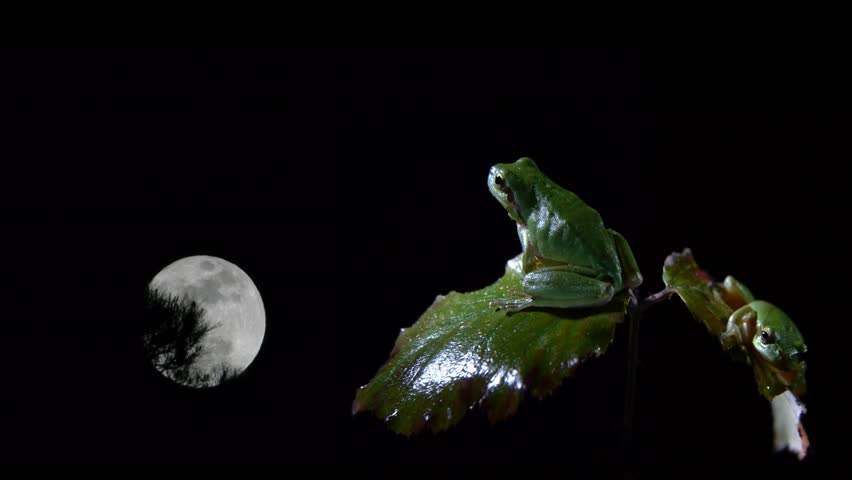
Friday
Warm weather looks like it is finally here for good in southern Tennessee, and the frogs are out in force. My biology students inform me, whenever I teach Mary Oliver’s “Blossom,” that all the peeping and croaking is designed to attract a mate. Well aware of this, Oliver appears to have written her poem as a series of pelvic thrusts.
I particularly like Oliver’s contrast between sex and death. In a chilling line, she observes that “time/chops at us like an iron/hoe” and that “death/is a state of paralysis.” We cannot deny this reality. Nevertheless, when we are in the grip of desire, “everything else can wait.” Our bodies take over and we “hurry down into the body of another.” Although we are more than our bodies, we are also our bodies and belong to the moon.
In her final image, Oliver joins John Donne and Andrew Marvell in seeing sex at war with time. In “Good Morrow,” neo-Platonic Donne imagines time standing still when he is making love. At the end of “To His Coy Mistress,” carpe diem Marvell does not see this as possible but declares, “Although we cannot make time stand still, yet we can make him run.” Oliver adds a third possibility: time is shattered at the moment of union.
In April
the ponds
open
like black blossoms
the moon
swims in every one;
there’s fire
everywhere: frogs shouting
their desire,
their satisfaction. What
we know: that time
chops at us all like an iron
hoe, that death
is a state of paralysis. What
we long for: joy
before death, nights
In the swale—everything else
can wait but not
this thrust
from the root
of the body. What
we know: we are more
than blood--we are more
than our hunger and yet
we belong
to the moon and when the ponds
open, when the burning
begins the most
thoughtful among us dreams
of hurrying down
into the black petals,
into the fire,
into the night where time lies shattered,
into the body of another.

